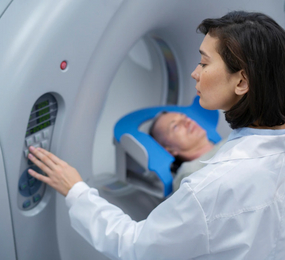Developing and approving biologics, complex molecules derived from living organisms, is a rigorous and multifaceted process. Navigating the regulatory landscape is crucial for ensuring patient safety and efficacy while bringing innovative therapies to market.
The Regulatory Maze:
Key regulatory bodies such as the U.S. Food and Drug Administration (FDA) and the European Medicines Agency (EMA) govern the development and approval of biologics. Adherence to their guidelines is paramount.
-
Clinical Trials: Rigorous clinical trials are essential to demonstrate the safety and efficacy of a biologic. These trials involve multiple phases, from early-stage studies to large-scale patient trials.
-
Quality Assurance: Ensuring consistent product quality throughout the development and manufacturing process is critical. Robust quality systems and control measures are essential.
-
Manufacturing Processes: Detailed documentation of manufacturing processes is required, including information on raw materials, production methods, and quality control procedures.
-
Risk Management: Identifying and mitigating potential risks associated with the biologic is a key aspect of regulatory approval.
The Challenge of Biosimilars:
Biosimilars, similar to reference biologics, require specific regulatory pathways. Demonstrating comparability to the reference product is essential for approval, while also addressing concerns about interchangeability.
Navigating the Regulatory Landscape:
To successfully navigate the regulatory process, consider the following:
-
Early Regulatory Engagement: Proactive interaction with regulatory agencies can provide valuable insights and expedite the approval process.
-
Global Regulatory Strategies: For companies targeting multiple markets, understanding regional differences in regulatory requirements is crucial.
-
Expert Guidance: Collaborating with regulatory experts can streamline the approval process and minimize risks.
-
Continuous Monitoring: Post-market surveillance is essential for identifying and addressing any safety concerns or unexpected issues.
Bringing a biologic to market is a complex and challenging endeavor. By understanding the regulatory landscape, adhering to guidelines, and investing in robust quality systems, biopharmaceutical companies can increase the chances of successful approval and deliver life-saving therapies to patients.
To register or learn more about the Forum please check here: https://bit.ly/3WRMLFS.
For more information and group participation, contact us: [email protected]
















